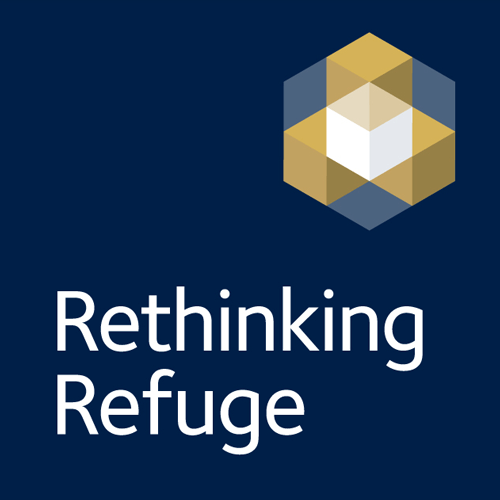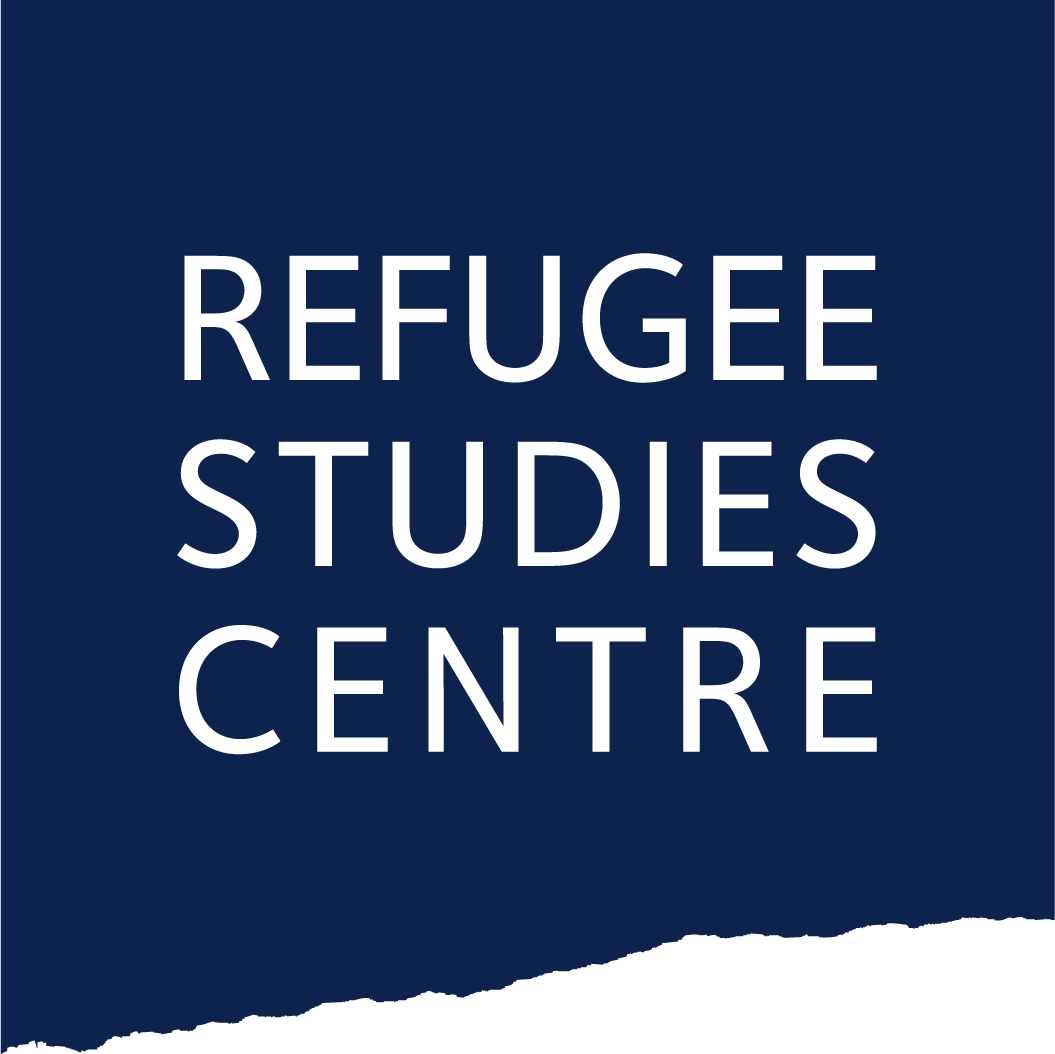Share
Rethinking refugees as actors
Refugees are commonly portrayed in the media as helpless victims, and rarely given a direct voice in humanitarian practice and academic scholarship. Yet refugees make decisions and enact agency every day in a wide array of situations. Some of the questions addressed here include: What existing and potential roles can refugees play in their own protection and assistance? How do refugees enact power and agency in everyday situations of displacement? How can refugees become involved in assistance and recognised as actors rather than simply beneficiaries of humanitarian aid?

Robin Vandevoordt
Early Career Fellow in Refugee and Forced Migration Studies, RSC
Robin Vandevoordt is working on a research project on ‘Civil humanitarianism and the politics of refugee solidarity’. His previous research at the University of Antwerp examined the conditions of solidarity by looking at Belgian and European responses to the Syrian refugee crisis.
Full Profile
Ulrike Krause
Junior Professor for Forced Migration and Refugee Studies, University of Osnabrück
Ulrike Krause is Junior Professor for Forced Migration and Refugee Studies at the Institute for Migration Research and Intercultural Studies (IMIS) and the Institute for Social Science, University of Osnabrück. She is PI of the project Global Refugee Protection and Local Refugee Engagement funded by the Gerda Henkel Foundation.
Full Profile
Alex Tasker
RSC Visiting Research Fellow, Hilary term 2019
Alex is a dual-trained development anthropologist and veterinary surgeon who researches networks of knowledge creation between development organisations and marginalised communities. Alex’s PhD explored innovation and adaptation amongst the camel-owning Gabra pastoralists of Northern Kenya, and he is currently developing a postdoctoral study to examine creativity between refugee and host communities in Kakuma Camp, Kenya.
Full Profile
Felix Bender
Ph.D. Candidate in Political Theory, Central European University
Felix Bender is a Ph.D. Candidate in Political Theory at Central European University (CEU). His research focuses on the rights of refugees from a normative perspective. He is also interested in current refugee movements and has worked on refugees and access to asylum in the case of Hungary after 2015.
Full Profile
Anne Irfan
Departmental Lecturer in Forced Migration, Refugee Studies Centre, Department of International Development, University of Oxford
Dr Anne Irfan is a historian of Middle East migration, specialising in UNRWA and Palestinian refugee experiences.
Full Profile
Matthew Gibney
Director, Refugee Studies Centre
Matthew J Gibney is RSC Director, Elizabeth Colson Professor of Politics and Forced Migration, and Official Fellow of Linacre College, Oxford. He specialises in the political and ethical issues raised by refugees, citizenship, and migration control.
Full Profile
Tom Western
Early Career Fellow in Refugee and Forced Migration Studies
Dr Tom Western is an ethnomusicologist researching the relations between sound, borders, displacements and citizenships. His current research centres on Athens, Greece.
Full Profile
Delina Abadi
Research Consultant, 'Responses to Crisis Migration in Uganda and Ethiopia', Refugee Studies Centre, Oxford
Full Profile
Patrick Chandiga Justine
Co-founder and Executive Director, Community Empowerment for Creative Innovation (CECI)
Patrick Chandiga Justine is a South Sudanese refugee living in Northern Uganda. He is the Co-founder and Executive Director of Community Empowerment for Creative Innovation (CECI), a youth founded refugee-led organization whose primary focus is community peacebuilding, livelihood, girl child education, and environmental conservation.
Full ProfileIn this topic
Article
Rethinking Refugee Women’s Power and Vulnerability
Public and humanitarian discourses on refugees in the Global South often present women as highly vulnerable. The logic of vulnerability behind such aid, however, prompts questions; its focus risks portraying women as passive - although they are not.
Read ArticleArticle
Rethinking the Politics of Food and Hospitality
It was not the first time that Syrian refugees offered me tea and sweets, but the place they did so this time surprised me. We were seated on camp beds in an abandoned military barrack turned into a make-shift shelter, surrounded by barbed wire.
Read ArticleArticle
Should Refugees Govern Refugee Camps?
Which ethical prescriptions should we follow when considering a world that is non-ideal, and thus a world in which refugees do not reach liberal democracies but are confined to life in refugee camps for the foreseeable future?
Read ArticleArticle
Activism and the Agency: The Palestinian refugees’ UNRWA campaigns
Palestinian refugees have continually demonstrated their agency by resisting the confines of their situation – with surprising degrees of success. The UN Relief and Works Agency for Palestine Refugees (UNRWA) provides an instructive case study.
Read ArticleArticle
Dis/connected: Using refugee relationships and networks to rethink refugee agency
Refugee camp residents weave unique social networks across varied institutional spaces just as non-mobile individuals do; mapping these networks can provide insight into dynamic and intersecting cultures and systems.
Read ArticleArticle
Refugee Feedback: Sounding out everyday experiences of displacement
Creativity abounds in the various refugee communities living in the Greek capital – and these creativities feed back into host societies, remaking the city through the production of common spaces.
Read ArticleArticle
Rethinking the Duties of Refugees
Few would contest that refugees have rights or that those rights are often very much under threat in the contemporary world. But do refugees have duties, too, and, if so, what are they?
Read ArticleArticle
IDP-led Women’s Assistance: New Roles for Traditional Groups
This research from Ethiopia highlights how traditional social groups, created by women refugees to offer a shared savings scheme, can increase both self-reliance and integration with locals, especially when international NGOs are impeded by Covid-19
Read ArticleArticle
Refugee-led Responses to COVID-19: A case study from Uganda
Refugee-led organizations are at the front line of COVID-19 responses. Ugandan refugee-led organization CECI presents its lessons for health awareness campaigns and makes recommendations to governments, INGOs and donors to improve their support to refugees
Read Article

